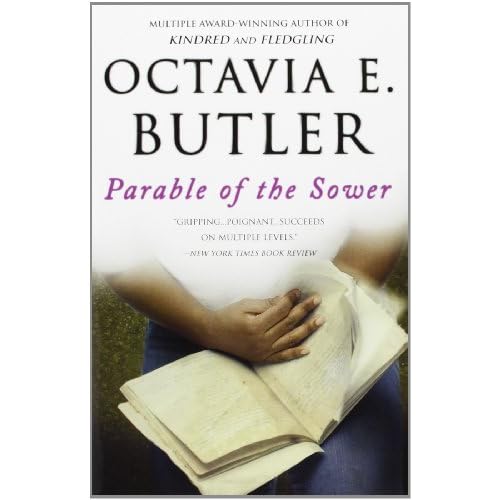The Subprimes by Karl Taro Greenfield

A dystopian satire, written a few years ago, whose closeness to (as well as divergence from) the world we are currently in makes it even more unsettling.
The Subprimes of the title are people whose credit scores are sub-prime (and folks with not that long memories will recall the use of this term in the finance market to describe the volatile loans that led us to the 2008 crash). In 21st century America, they are social pariahs, as every aspect of citizenship and daily life are governed by credit scores (housing, employment, education). Those whose scores are too low are forced into vagrancy, setting up temporary camps called Ryanvilles (named after former House Speaker, weightlifting enthusiast, and champion of government deregulation Paul Ryan). The book intertwines a number of storylines, including several Subprime families, a washed-up reporter whose son is enrolled in an increasingly regimented and privatized school system, the wife of a energy stock trader under inditement for securities fraud, and a mysterious woman of color who tries to build political and social alternatives to all of this.
Along the way there are hard-right evangelical megachurch pastor/politicians, ultra-wealthy energy families manipulating politics towards their own ends, environmental castastrophe (the book opens with Whales beaching themselves en masse, and periodically references unending prairie wildfires), double-speak regressive politics (e.g. “the Clear Skies Act” which mandates environmental deregulation), economic exploitation of marginalized people, and the militarization of everyday life.
The Subprimes highlights the danger and disorientation of our world with both incisive humor and abject terror. The book opens with a depressing depiction of a Ryanville that is later destroyed by a police raid, in a passage both horrifying and enraging. There are also some wonderful puns and wordplay to be found throughout–the wealthy sisters who own most of America’s energy concerns are named the “Peppers”, presumably in references to the Koch (Coke) brothers.
This is a satire, which means its about ideas and abstractions, not characters and emotions. Most of the characters are pretty one-dimensional–the philandering stock-trader husband is astonishingly simple-minded for someone who scammed hundreds of people. Likewise, the mysterious revolutionary Sargham is almost literally divine, and the ending of the book casts a miraculous shadow over her political beliefs and hard organizing work. There were passages and sections that I found to be pretty abyssmally written, and that let go of subtlety in favor of a rhetorical beating.
And the end of the book is somewhat upbeat, but in a way that felt literally miraculous and belies the complicated ecological, economic, and political problems that it outlined. It initially feels good to see powerless people stand up to the powerful, but offered little beyond that good feeling as to whether such a stand would be ultimately succesful in any other narrative or historical moment.
All together, this was a harrowing read, given our current circumstances. It was definitely entertaining, especially in the “spot the pseudonym” sort of way, and it tells a story of triumph over evil. But I’m not sure that I actually enjoyed it, given how woodenly it was written, and given that the problems it sketches are all around us, frighteningly visible and visceral, I found its magical ending even more despairing.


 I love yard/garage sales, as a way of de-cluttering, a way of building community, and as a
I love yard/garage sales, as a way of de-cluttering, a way of building community, and as a  I watched “
I watched “
 Reflecting back, it’s possible that this was the first book by an African-American that I read cover to cover. My High School English teacher gave us some historical context on the Harlem Renaissance and her prominent place therein. Beyond that, like most White Americans, I was pathetically ignorant about
Reflecting back, it’s possible that this was the first book by an African-American that I read cover to cover. My High School English teacher gave us some historical context on the Harlem Renaissance and her prominent place therein. Beyond that, like most White Americans, I was pathetically ignorant about  Africa and the American Flag, by FOOTE (1854)
Africa and the American Flag, by FOOTE (1854)
